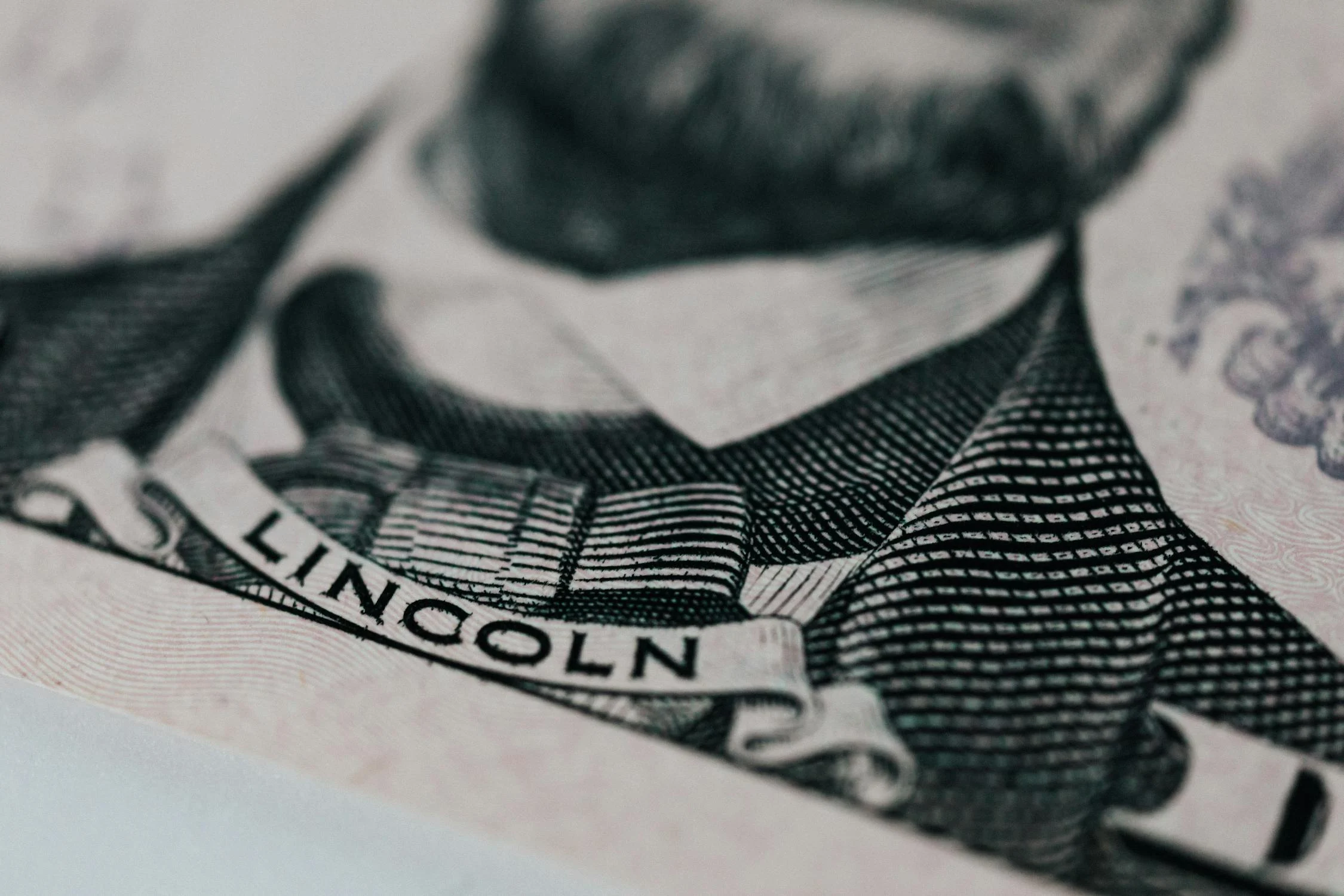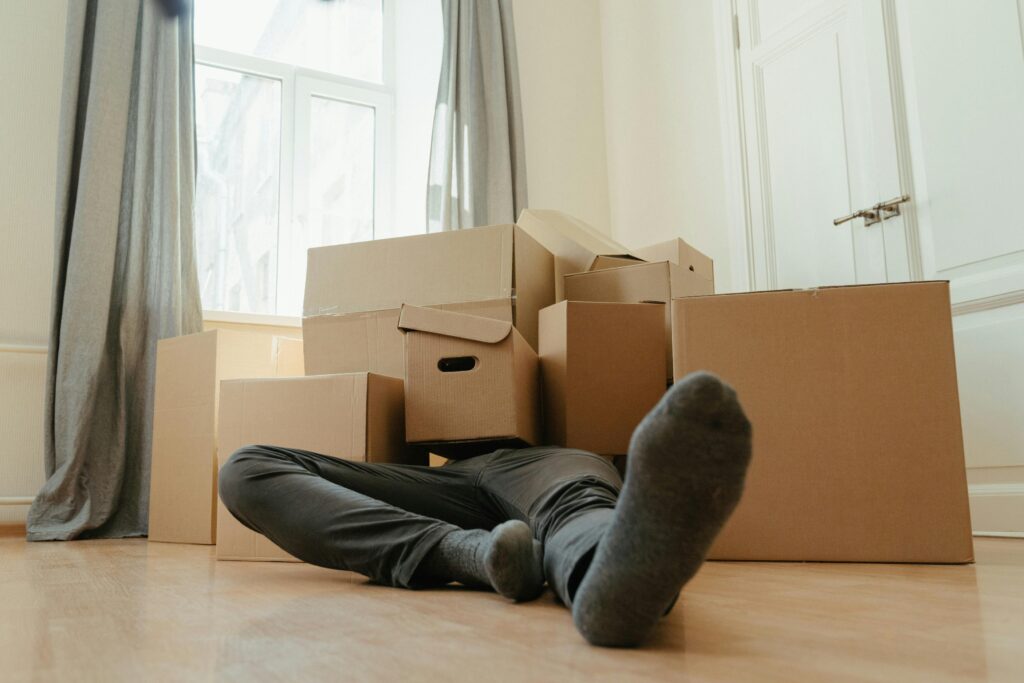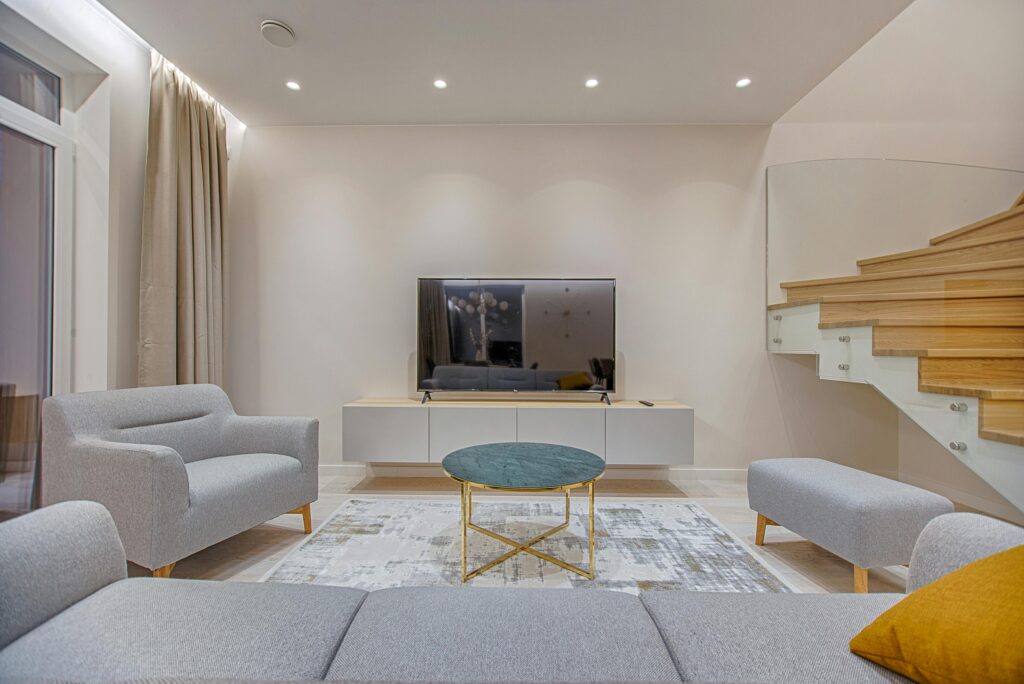Finishing your basement in Chicagoland can transform your home, adding valuable living space for a home office, gym, or entertainment area. But with costs ranging from $25,000 to $100,000 in 2025, many Chicago-area homeowners wonder: Can I write off finishing my basement on taxes? The answer depends on how you use the space and specific IRS guidelines. In this guide, we’ll explore tax deductions for basement finishing in Chicagoland, including home office deductions, capital improvements, energy-efficient upgrades, and medical modifications, tailored to local regulations and costs.
As a Chicagoland basement remodeling company with over 25 years of experience, we’ve helped thousands of homeowners navigate these questions. Let’s break down the possibilities for 2025, ensuring you maximize your tax benefits while complying with IRS rules.
Understanding Basement Finishing and Tax Deductions
Finishing a basement in Chicagoland, whether in Chicago, Naperville, or Schaumburg, typically involves adding drywall, flooring, lighting, and features like bathrooms or egress windows. According to the IRS, most home improvements, including basement finishing, are considered capital improvements that add value, extend the home’s life, or adapt it for new uses. These aren’t directly deductible in the year you incur the costs, but they can reduce your tax liability when you sell your home. However, certain scenarios, like home offices or medical upgrades, may offer immediate deductions.
Key Point: Always consult a licensed CPA or tax professional for personalized advice, as Chicagoland’s high property taxes and local regulations (e.g., Cook County permits) can complicate deductions. Keep detailed receipts for all basement remodeling expenses, as they’re critical for IRS documentation.

Tax Deduction Scenarios for Finishing Your Basement in Chicagoland
Here are the primary ways you might write off basement finishing costs in 2025, with Chicagoland-specific insights:
1. Capital Improvements: Reduce Capital Gains Tax When Selling
Most basement finishing projects in Chicagoland qualify as capital improvements, increasing your home’s tax basis (your investment in the property). This reduces your taxable profit (capital gain) when you sell. For example:
- You bought your Chicago home for $400,000.
- You spent $50,000 finishing your basement (drywall, luxury vinyl flooring, bathroom).
- Your new tax basis is $450,000.
- If you sell for $600,000, your taxable gain is $150,000 ($600,000 – $450,000), not $200,000.
Chicagoland Note: With median home prices in Cook County around $350,000 in 2025, most homeowners fall under the IRS exemption ($250,000 for single filers, $500,000 for joint filers), meaning no capital gains tax unless profits exceed these limits. However, in high-value suburbs like Wilmette or Hinsdale, tracking basement costs is crucial for tax savings.
2. Home Office Deduction: Exclusive Business Use
If you finish your basement to create a home office used exclusively for business, you may qualify for a home office deduction. This is ideal for self-employed Chicagoland residents, such as freelancers in Lincoln Park or small business owners in Aurora. Requirements include:
- Exclusive Use: The basement office must be used only for business, not personal activities.
- Regular Use: You must use it consistently for work.
- Principal Place of Business: It should be your primary workspace or where you meet clients.
How It Works: Calculate the percentage of your home’s square footage used for the office. For a 500 sq ft basement in a 2,500 sq ft Chicago home, that’s 20%. You can deduct 20% of expenses like mortgage interest, property taxes, utilities, and even remodeling costs (depreciated over time). In Cook County, where property taxes average $6,000 annually, this can add up.
Chicagoland Tip: Chicago’s strict building codes require egress windows for habitable basements. If you add one for a home office, include its cost ($3,000–$7,000) in your deduction calculations.
Egress windows, required in Chicago basements, may be deductible for home offices. I
3. Energy-Efficient Upgrades: Tax Credits
Some basement finishing projects qualify for the Energy Efficient Home Improvement Credit in 2025, offering up to $3,200 annually for upgrades like:
- Insulation: Adding insulation to basement walls ($3,000–$8,000) that meets 2023 International Energy Conservation Code (IECC) standards.
- Heat Pumps: Installing a high-efficiency heat pump ($8,000–$15,000) for basement climate control, up to $2,000 credit.
- Home Energy Audits: A professional audit ($150–$500) to identify efficiency improvements, up to $150 credit.
Chicagoland Note: Chicago’s cold winters make insulation critical. Use receipts from ComEd or Nicor Gas rebates to support claims, but note that state rebates may reduce your federal credit unless they’re non-taxable. File IRS Form 5695 to claim.
4. Medically Necessary Improvements
If your basement remodel is medically necessary e.g., adding a bedroom for a mobility-impaired family member—you may deduct costs as medical expenses. Examples include:
- Widening doorways ($1,000–$3,000).
- Installing accessible showers ($5,000–$10,000).
- Adding ramps or handrails ($2,000–$5,000).
Requirements: The improvement must be prescribed by a doctor and not increase home value. Deduct only costs exceeding 7.5% of your adjusted gross income. In Chicagoland, where aging-in-place remodels are common in suburbs like Evanston, consult a tax professional to document medical necessity.
5. Rental Space: Depreciation and Deductions
If you finish your basement to create a rental unit (e.g., an apartment in Wicker Park), you can deduct remodeling costs through depreciation over 27.5 years and claim ongoing expenses (utilities, repairs). For a $50,000 remodel, that’s ~$1,818/year in deductions. Chicago’s rental market is strong, but ensure compliance with local zoning and permit laws.
Chicagoland-Specific Considerations
Finishing a basement in Chicagoland involves unique factors affecting tax deductions:
- Permits: Chicago and Cook County require permits ($1,000–$3,000), which may be deductible for home offices or rentals. Check with the Cook County Assessor’s Office for property tax impacts.
- Property Taxes: Finishing your basement may increase your assessed value, raising taxes (e.g., $500–$2,000/year in Schaumburg). Some suburbs offer temporary tax abatements; inquire locally.
- High Costs: Chicago’s labor rates ($50–$100/hour) and strict codes inflate costs. Track expenses meticulously for future tax benefits.

How to Maximize Your Tax Benefits
To ensure you write off eligible basement finishing costs:
- Document Expenses: Save receipts for materials (e.g., lumber, tiles), labor, and permits. Use apps like FreshBooks for organization.
- Consult a CPA: Work with a Chicago-based tax professional familiar with Illinois and Cook County rules.
- File Correctly: Use IRS Form 8829 for home office deductions, Form 5695 for energy credits, or Schedule A for medical expenses.
- Plan Use Case: Decide upfront if your basement will be a home office, rental, or personal space to optimize deductions.
Estimate Your Basement Remodeling Costs
Curious about your 2025 Chicagoland basement remodel? Use our free cost calculator to get a personalized estimate and explore tax-saving opportunities!
Frequently Asked Questions
Can I deduct basement finishing costs if I use it for personal living space?
No, personal living spaces don’t qualify for immediate deductions, but costs can be added to your home’s tax basis to reduce capital gains tax upon sale.
Will finishing my basement raise my property taxes in Chicago?
Yes, it may increase your home’s assessed value, raising taxes by $500–$2,000/year. Check with your local assessor for exemptions or abatements.
Are energy-efficient basement upgrades worth it for tax credits?
Yes, insulation or heat pumps can yield up to $2,000 in credits, plus lower utility bills in Chicago’s cold climate.
Ready to start? Contact us for a free consultation to plan your tax-efficient remodel.



